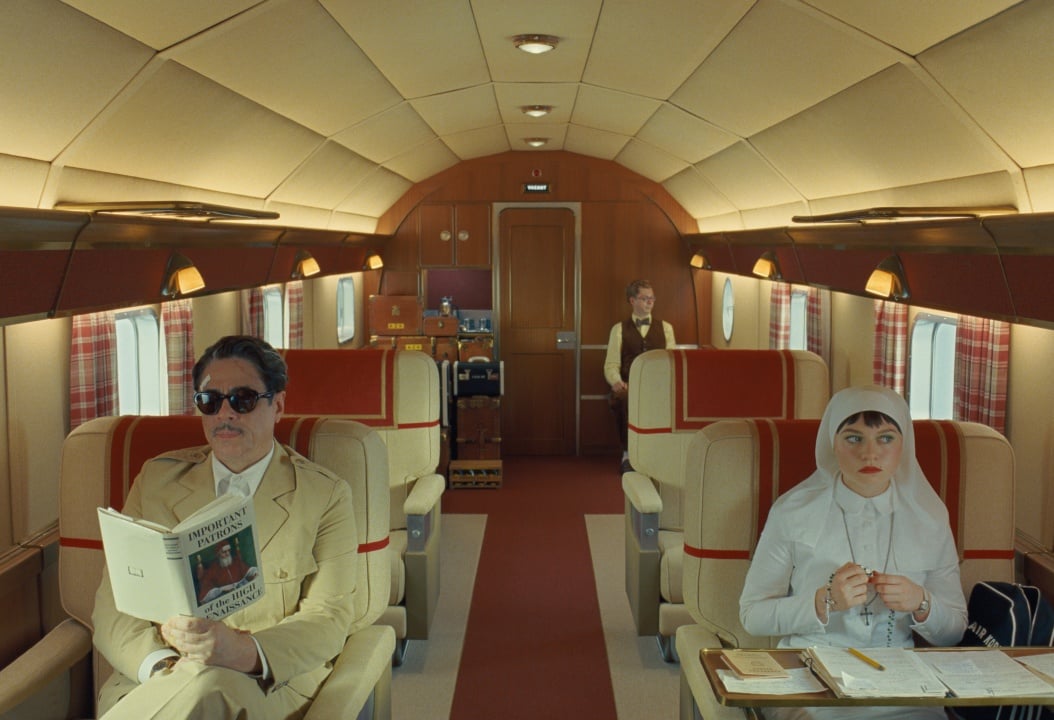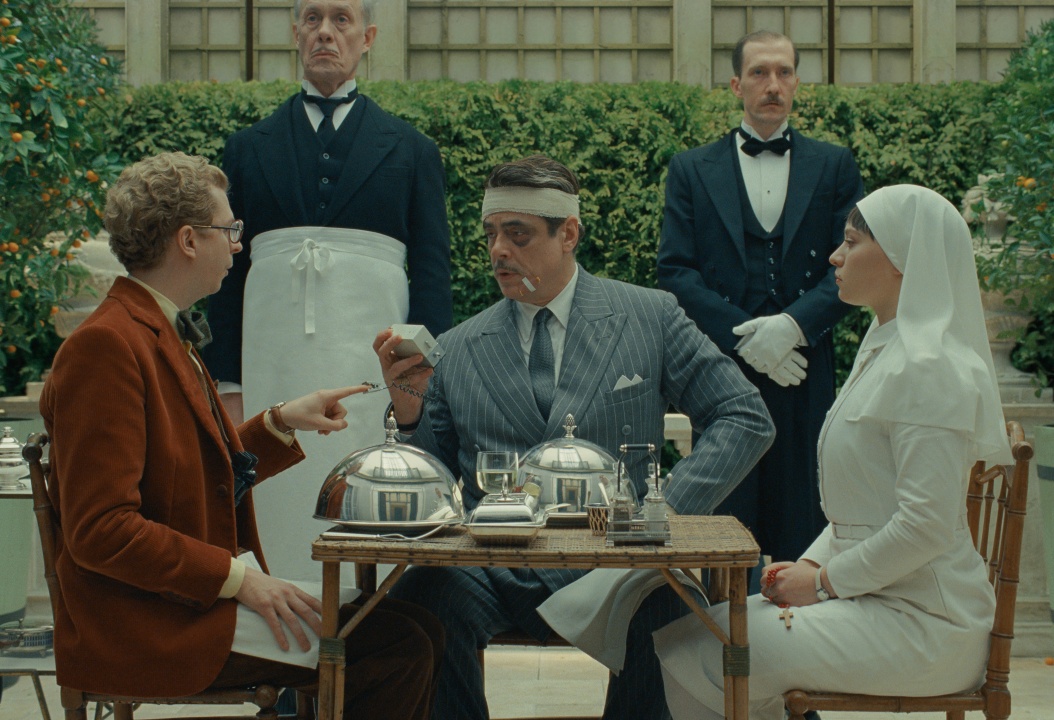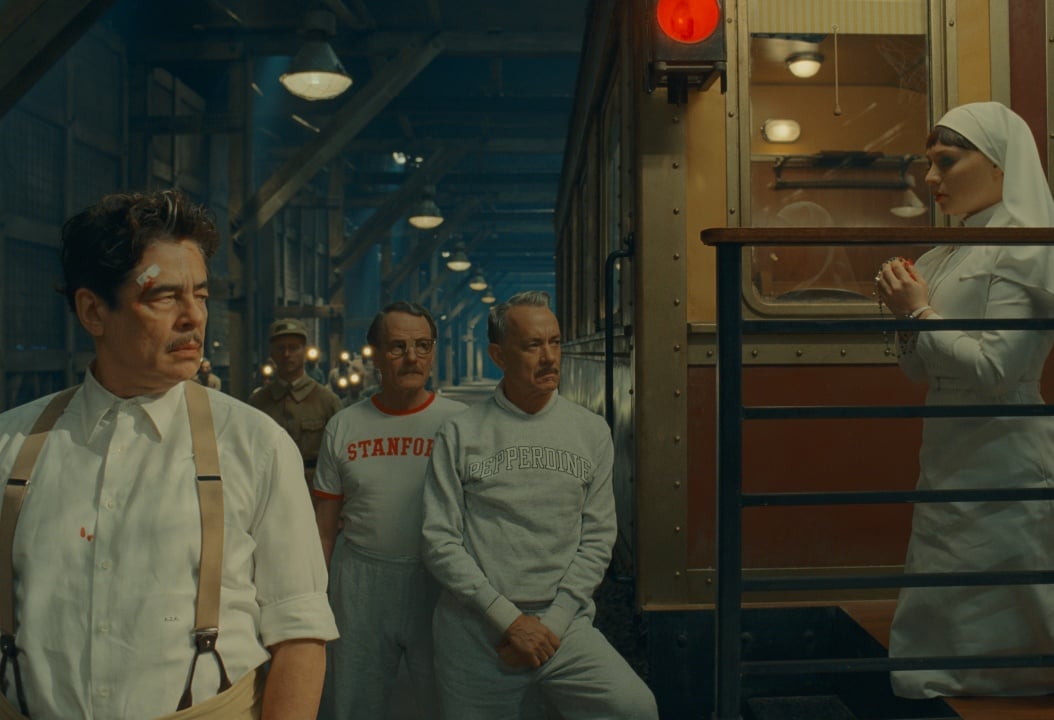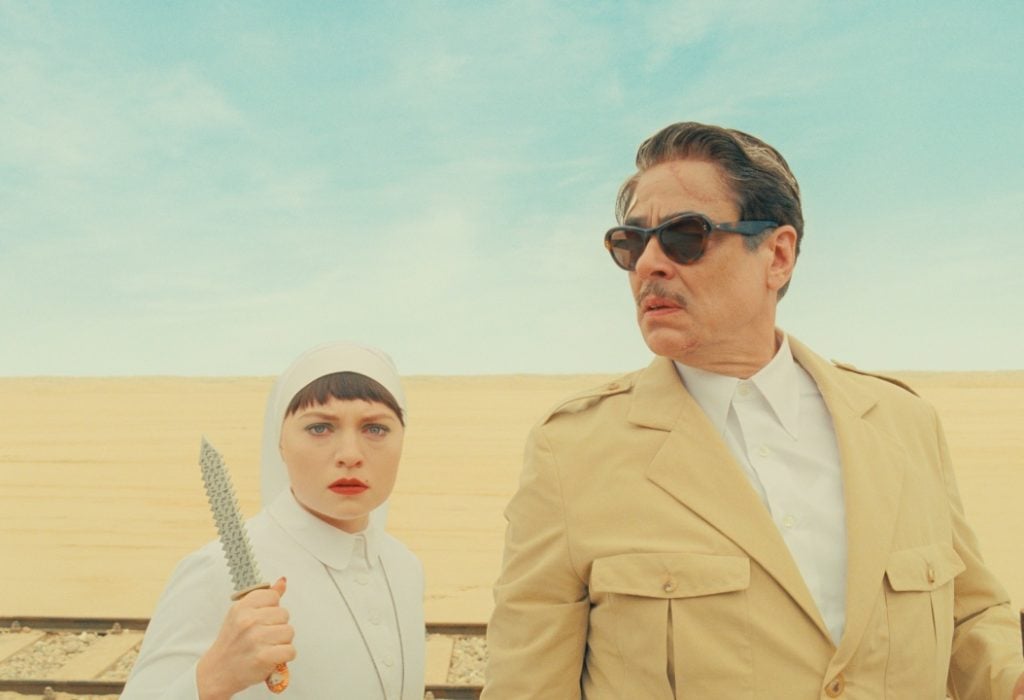Now is a pretty good time to talk about legacy.
Consider today’s political landscape, especially in the United States. There seems to be a competition amongst policymakers and heads of state to see who can stay in power the longest, even as their physical, intellectual, and empathetic faculties gradually diminish. Concurrently, the world’s richest, and therefore most powerful, people are certainly aware of the perils of the future, but seem focused on shoring up their present-day bona fides, leveraging their fortunes for the betterment of themselves at the expense of society. With such a relentless tunnel vision on the present, the richest and most ruthless among us are less interested in the world they leave behind, even though legacy was one of their common languages and most pressing pursuits. (It isn’t a coincidence that most New York landmarks are named after America’s wealthiest families: Rockefeller, Vanderbilt, Helmsley, Astor, and yes, even Trump.)
So, in this day and age, what value does legacy hold?
I’m not sure I would’ve initially thought of Wes Anderson as the filmmaker to examine the crumbling institution of legacy, but he does so with The Phoenician Scheme. The film follows Anatole Korda (Benicio del Toro), a Rockefeller-esque industrialist who has a tendency to survive assassination attempts. After a particularly brutal one involving his private jet, he sends for his estranged daughter, Sister Liesl (Mia Threapleton), and installs her as the head of his sweeping organization, “on a trial basis.” As part of this trial, he drags her along on the titular “scheme”: to seek the funds to complete a sweeping infrastructural project in the country of Phoenicia. They and Korda’s insect tutor-turned-administrative assistant, Bjørn (Michael Cera), travel through Korda’s network of financial acquaintances to convince them to support him by filling the project’s funding gap so he can achieve his life’s work.

Credit: Courtesy of TPS Productions/Focus Features © 2025 All Rights Reserved.
If you’re familiar with Wes Anderson’s work, then the shape of The Phoenician Scheme should come as no surprise. The production design is still striking, with a muted, pastel color palette that reinforces the fantastical artifice of Korda’s world. Anderson’s camerawork is still uniquely austere, yielding striking individual frames that brim with whimsy and intrigue. His script is packed to the gills with dry sarcasm and witty wordplay as Korda tries to weasel his way in and out of shoddy business deals that sit pretty high on the absurdist scale. (Korda also has to convince Sister Liesl and the audience that he didn’t have her mother killed, which, well, let’s say his methods of persuasion need work.)
Anderson also assembles a typically crackerjack ensemble for his story. Benicio del Toro appears to be having a blast as the relentless capitalist Korda. He makes a meal of the bone-dry dialogue and gives us hints through his delivery that there are more dimensions of the character to explore. Mia Threapleton also slots nicely into Anderson’s unique rhythms, knowing how and when to modulate her expressions and diction to retain Sister Liesl’s cynicism while tracking her shifting relationships with Korda and Bjørn. Michael Cera feels like an actor who should already be part of Anderson’s repertoire, and his performance here reinforces that assumption. He is delightful as the in-over-his-head entomologist Bjørn, with a charming accent and a consistent but surprisingly complex look of bewilderment. The rest of the Phoenician players are also great, with Riz Ahmed, Jeffrey Wright, and Benedict Cumberbatch standing out the most.
By all metrics, Anderson is firing on all cylinders, deploying the heights of his vision to tell this story. But to what end?

Credit: Courtesy of TPS Productions/Focus Features © 2025 All Rights Reserved.
Two years ago, Anderson examined humanity’s stagnation and crippling ennui under the guise of an alien invasion in Asteroid City. The Phoenician Scheme, for all its globe-trotting, financial backdealing, and pickup basketball games, aims for something less existential and more tangible. Korda claims throughout the film that his primary concern, and the film’s ultimate goal, is to fill the funding gap for his Phoenicia infrastructure project. However, it becomes clear early on that his excursions are part of his desire to reconnect with his daughter. As his eldest child, Sister Liesl is central to his legacy, as she would be the only person who could carry the mantle for him if one of his many assassination attempts succeeds. (His other heirs are children, whose ages render them useless.)
Of course, ensuring his legacy’s fidelity requires him to show her the expanse of his power and influence. What better way to do that than whisk her around the world to participate in increasingly zany negotiations? If there is one, it would still pale in comparison to what Anderson achieves here. Even amidst the chaos, he keeps the fragile parental bond between Korda and Sister Liesl at the same narrative level. Whether Korda will close the financial gap matters as much as whether Sister Liesl will find something salvageable in the toxic myth of a man who happens to be her father. While not an especially deep well of dramatic tension, it does ground the film as the scheme becomes delightfully more convoluted and loses a bit of force (specifically with the Cousin Hilda chapter).

Credit: Courtesy of TPS Productions/Focus Features © 2025 All Rights Reserved.
Through Korda and SIster Liesl’s relationship, Anderson offers his take on the value of legacy, specifically for the wealthiest among us. Korda’s assessment of his legacy is grounded in what he has created and amassed, and whether he has the commitment and brass tacks to retain it, even after he’s gone. His time with Liesl, however, leads to subtle shifts in that way of thinking that profoundly affect where the characters land. While he is still concerned with what he leaves behind, the “what” is centered around his family, leading him to ultimately shift his approach to his scheme. Another part of that realization comes from Anderson’s celestial court case against Korda, where God (played by Bill Murray) and his angels seek answers about his trespasses on Earth. It operates similarly to Asteroid City’s play-within-a-play framing device, although this stream fits more neatly into the film’s operating goal.
There’s a charming irony surrounding The Phoenician Scheme. Most people will never know Korda’s wealth, power, and influence. They won’t know what it’s like to experience multiple assassination attempts, or to play basketball with Tom Hanks and Bryan Cranston in a bet to fund a nation’s infrastructure project. However, Korda’s journey frames one of Anderson’s most accessible and culturally relevant films. While none of us will ever engage in a fight with Benedict Cumberbatch using obscenely expensive pottery as weapons, we can all understand the desire to leave the world better than we entered it. We also understand how little that matters if we don’t have loved ones we can trust to support us through that work. It would be lovely if today’s robber barons received that message instead of engaging in a race to the cultural bottom, but I appreciate Wes Anderson for trying to advance the conversation through his distinct, and perhaps impactful, voice.
The Phoenician Scheme is currently playing in limited release courtesy of Focus Features. The film will expand wide on June 6, 2025.
There’s a charming irony surrounding The Phoenician Scheme.
-
GVN Rating 8
-
User Ratings (1 Votes)
6.5
A late-stage millennial lover of most things related to pop culture. Becomes irrationally irritated by Oscar predictions that don’t come true.






